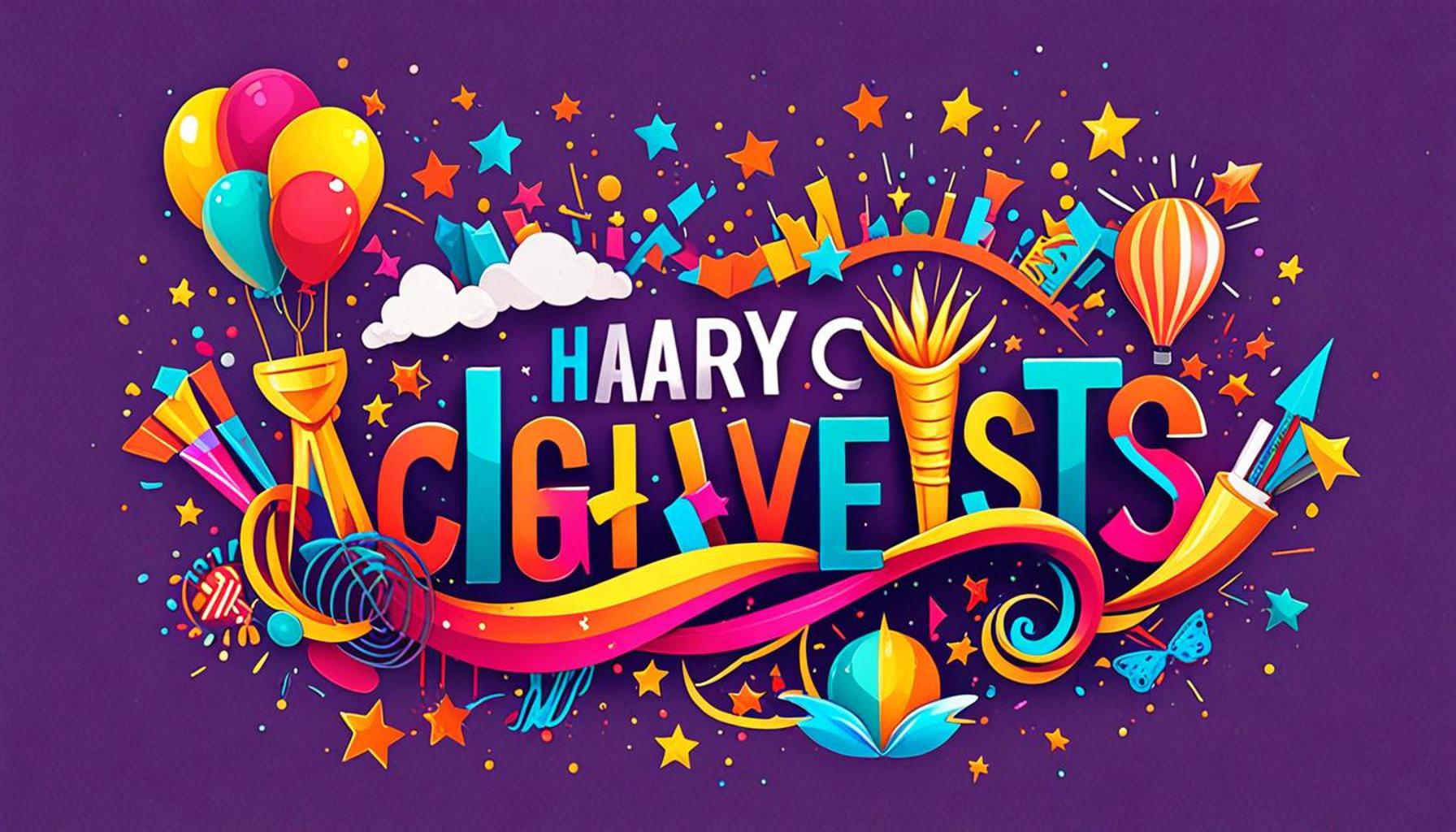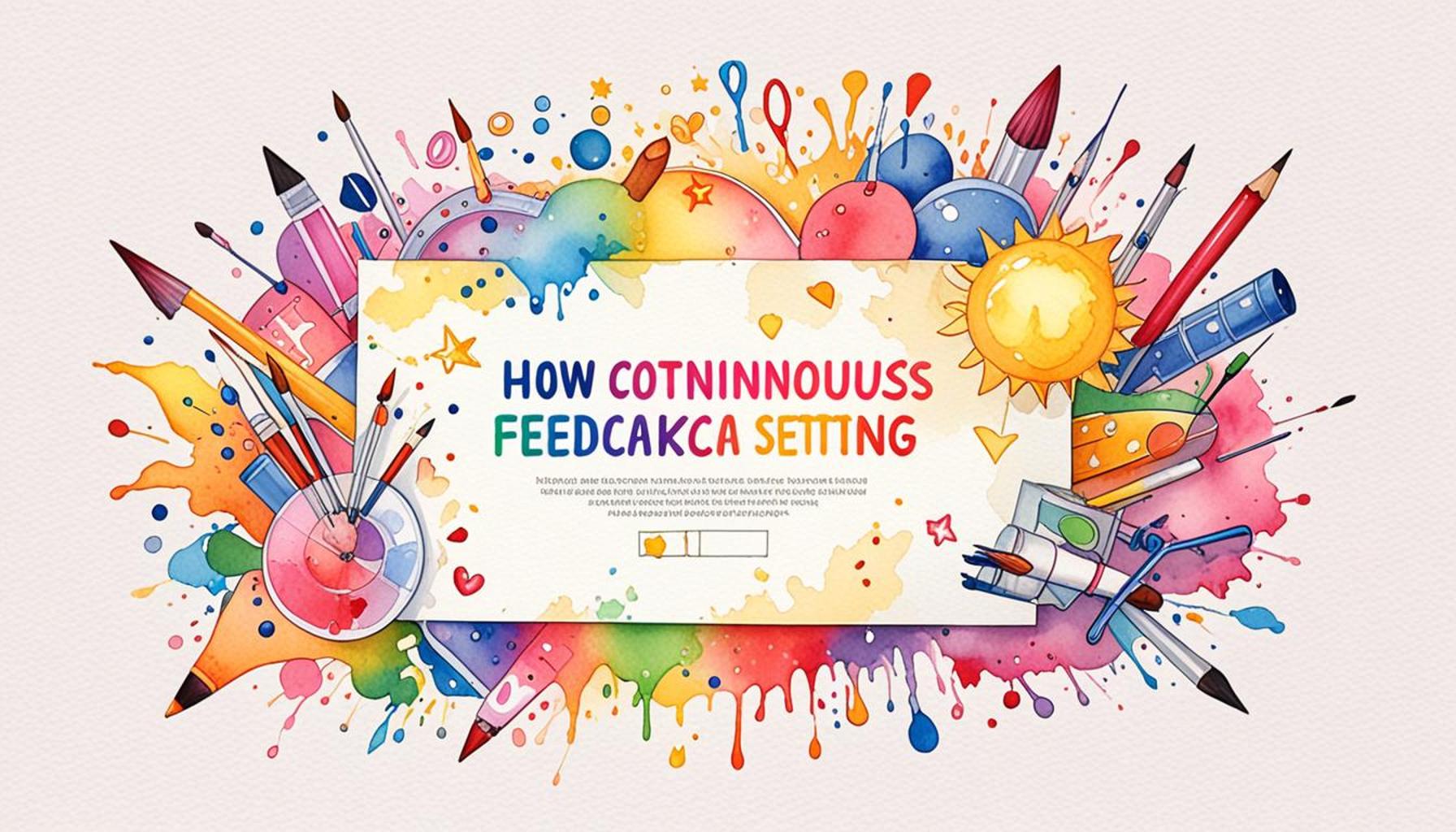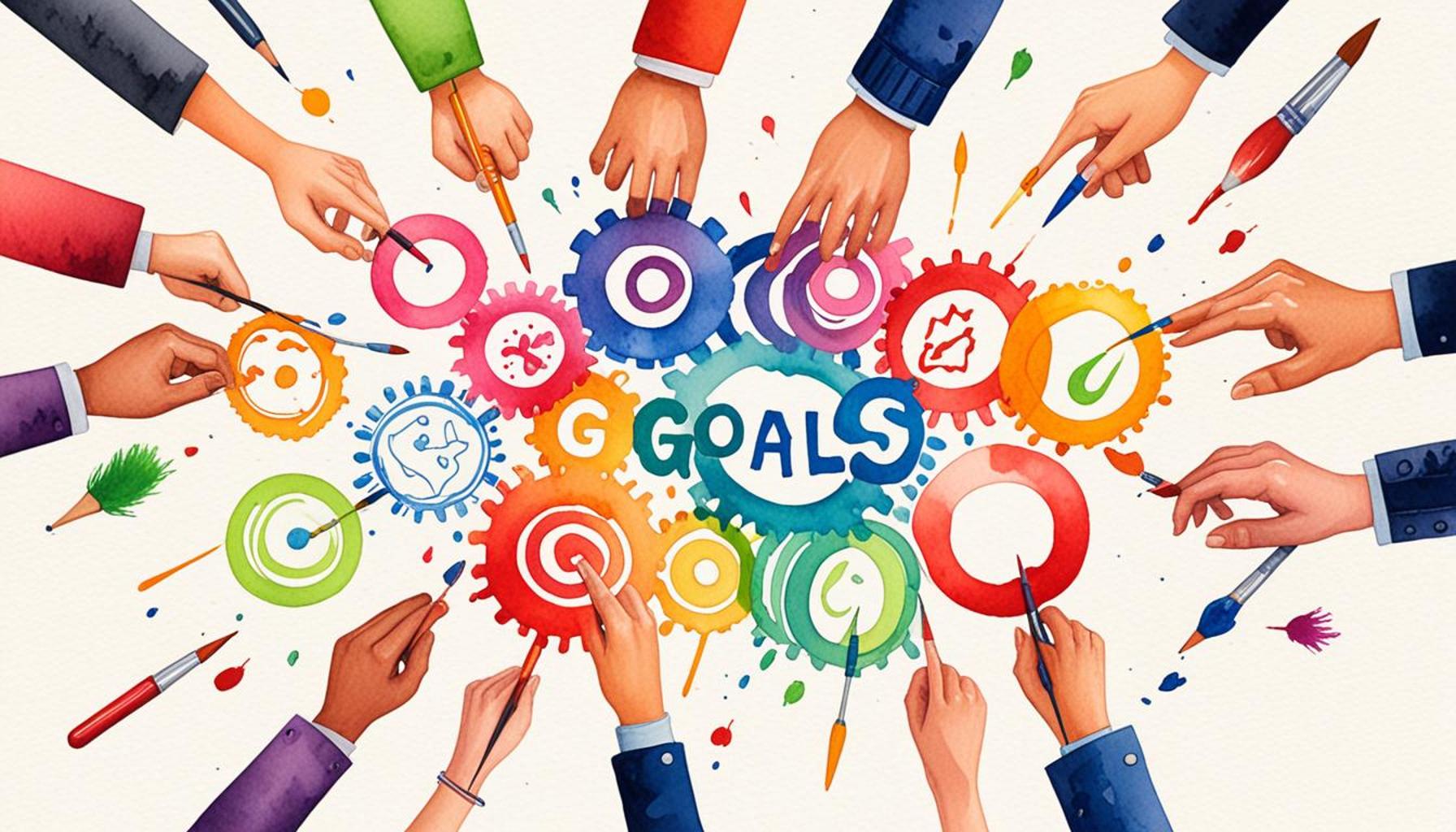The Influence of Learning Goals on the Building of Skills and Competencies
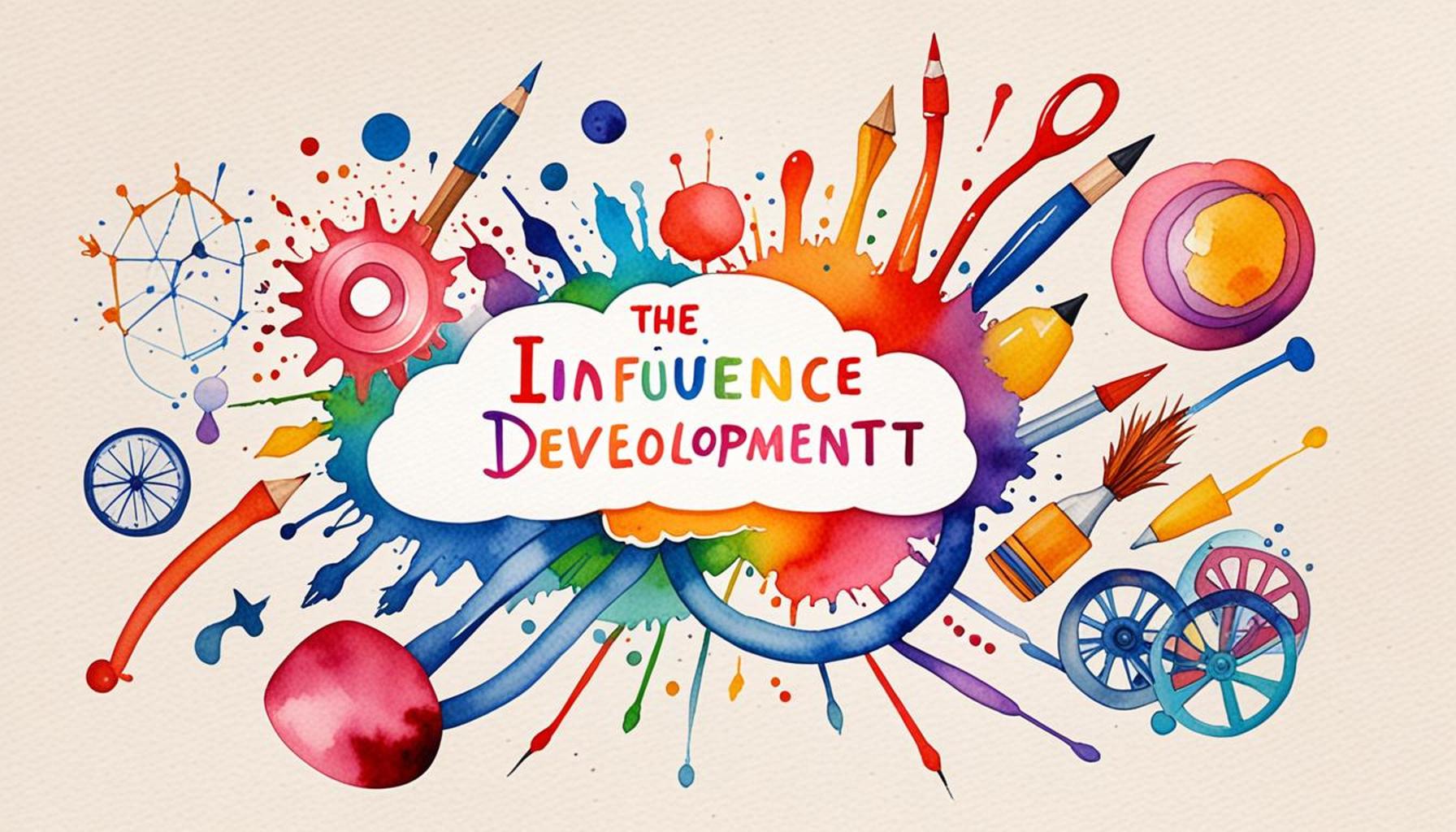
Exploring the Impact of Learning Goals
Learning is an active, dynamic endeavor shaped by the specific objectives that individuals set for themselves. These learning goals play a crucial role in defining how skills are acquired and competencies are developed. In Nigeria, a nation undergoing significant educational transformation, grasping the impact of these goals becomes paramount in enhancing both personal development and broader societal progress.
One of the primary functions of learning goals is to provide focus and direction. These goals create a roadmap for learners, steering them toward achieving specific competencies. For instance, a student in Lagos aiming to master computer programming might set a goal of completing a particular course within a semester. By breaking down this complex subject into manageable milestones—like understanding basic coding languages first—they can track their progress and refine their study strategies accordingly.
Furthermore, motivation boost is another indispensable aspect of well-defined goals. When learners have clear objectives, they are more likely to remain committed to their studies, inspired by the prospect of achieving their aspirations. A pertinent example from Nigeria might be the Growth and Employment in States (GEMS) program, which encourages young Nigerians to pursue vocational skills that align with their specific career ambitions, thereby enhancing motivation through a tailored approach.
Learning goals also facilitate the assessment of progress. This reflective process allows learners to identify strong areas and those needing further development. For instance, a student honing their skills in agribusiness may set a goal to increase crop yield by a certain percentage. Monitoring progress against this target not only fosters accountability but also motivates the learner to seek new strategies or resources to meet their goal.
In a diverse country like Nigeria, the significance of goal-oriented learning is apparent across various educational landscapes. In urban centers like Abuja, formal education often provides structured frameworks for goal-setting, whereas in rural areas, informal learning opportunities may rely more on community engagement and cultural practices. Nevertheless, the universality of the benefits stemming from clear learning objectives is an essential thread that binds these varying contexts.
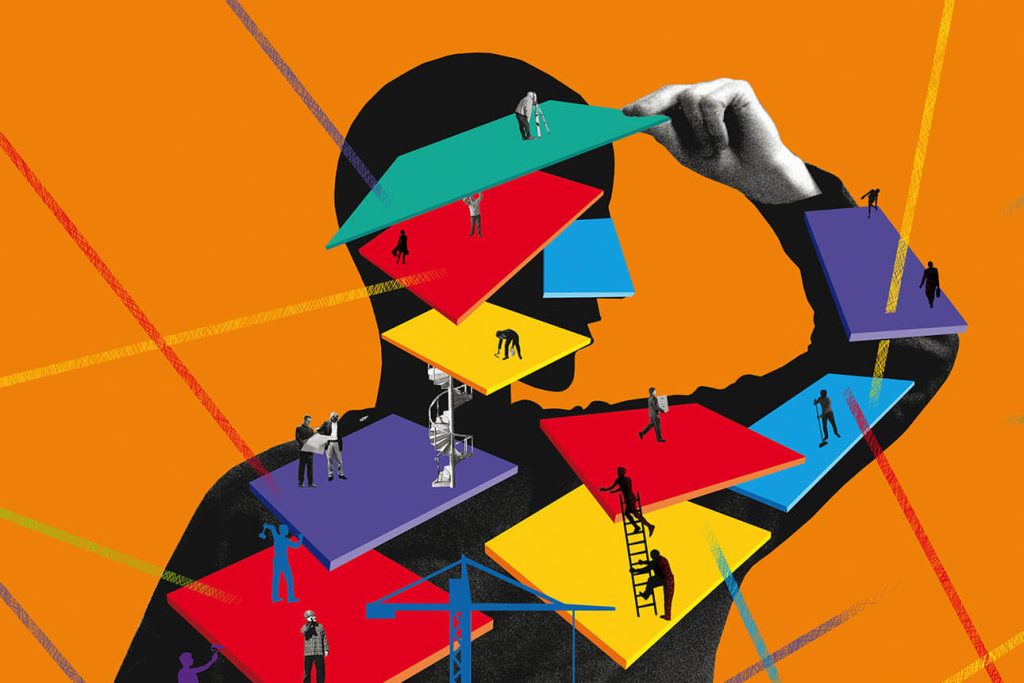
This article delves into the transformative potential of establishing clear learning goals in enhancing personal growth and addressing the broader educational challenges faced in Nigeria. As the nation seeks to refine its educational systems, the experiences and insights drawn from individuals pursuing targeted learning can offer invaluable lessons. What innovations can emerge from a collective focus on goal-oriented education? By embracing this narrative, we pave the way for discussions that seek not only academic excellence but also the empowerment of Nigeria’s youth for the future.
LEARN MORE: This related article may interest you
The Power of Learning Goals: Shaping Skills and Competencies
Setting learning goals is akin to marking the corners of a map; they provide a sense of direction that empowers learners to navigate their educational journeys. In Nigeria’s vibrant and diverse landscape, the definition and pursuit of these goals have significant implications for skill acquisition and competency development across various sectors. Dive deeper, and one can see how these objectives serve not just individual aspirations but also contribute to the greater good of society.
At the heart of effective learning goals lies the principle of specificity. The more precise a goal, the clearer the pathway to achieving it. For example, a student in a technical school in Enugu, aiming to become a proficient electrician, might set a precise goal of mastering electrical installations within a year. This specificity allows the learner to identify the necessary steps: enrolling in relevant workshops, seeking mentorship from experienced electricians, or even participating in community service projects that demand practical electrical skills. Each action builds upon the last, feeding into a cycle of continuous improvement.
Additionally, realistic yet challenging goals can spark creativity and resilience among learners. Consider a group of university students in Kano who embark on a social entrepreneurship project with the goal of reducing waste in their community. By setting realistic targets—like establishing a local recycling program—they push themselves to engage in innovative thinking to overcome obstacles. Their ultimate success hinges not only on their motivation but also on the structured learning goals guiding their efforts.
Moreover, the role of feedback mechanisms is indispensable in this context. Cultivating an environment where learners can receive constructive feedback allows them to adjust their approach toward their goals. In Nigeria, educational institutions are increasingly embracing technology to facilitate this. For instance, online platforms now enable students to share their progress with peers and instructors who can provide insightful reviews. Regular feedback becomes pivotal in fine-tuning skills and ensuring competencies align with the objectives set by learners.
To encapsulate the essence of how learning goals influence skills and competencies, consider the following aspects that reinforce their importance:
- Clarity: Goals offer clear expectations, allowing learners to understand what is required to succeed.
- Engagement: Well-defined goals can lead to higher levels of engagement and participation in the learning process.
- Adaptability: Goals encourage learners to adapt their learning strategies based on progress and feedback.
- Collaboration: Goals often foster collaborative learning, as individuals share their experiences and insights with one another.
In wrapping up this segment, it is clear that learning goals are not a mere accessory but rather a vital component in the quest for skill proficiency and competency development in Nigeria. As the nation grapples with the need for a skilled workforce to address its economic challenges, understanding and leveraging these learning objectives is essential for fostering a new generation ready to drive growth and innovation.
| Advantage | Description |
|---|---|
| Enhanced Motivation | Setting clear learning goals can significantly increase student engagement and enthusiasm for the material, leading to deeper learning experiences. |
| Focused Skill Development | Learning goals help in pinpointing specific skills and competencies that need to be mastered, allowing for a more tailored educational approach. |
| Feedback Mechanism | Clearly defined objectives provide a framework for evaluating progress, which enhances self-assessment and encourages continuous improvement in skill acquisition. |
In investigating the influence of learning goals on skill development, it becomes evident that these objectives are integral to cultivating competencies. When students understand what they are working towards, it encourages them to seek related skills, ultimately enriching their educational journey. The relationship between defined goals and student outcomes not only informs instructional design but also enhances personal accountability.Furthermore, research suggests that explicitly stated learning goals can foster a culture of collaboration among peers, as students often share strategies and support each other in meeting shared objectives. This peer interaction can lead to improved social and emotional skills, which are critical in modern learning environments.An essential aspect of this inquiry is recognizing that not all learning goals may be equally effective. The specific nature of the goals set greatly influences their impact on skill development. For instance, goals that are challenging yet achievable tend to foster higher achievement and skill mastery compared to vague or overly simplistic aims. Additionally, the incorporation of technology in educational settings has transformed how learning goals are presented and tracked. Digital platforms offer interactive tools that help in visualizing progress towards these objectives, making the learning process more engaging and responsive to individual needs. As the landscape of education continues to evolve, understanding how learning goals shape the development of skills and competencies remains a pivotal area for research and practice. This ongoing exploration may yield new strategies that bolster educational outcomes and prepare students for future challenges.
YOU MAY ALSO LIKE: Read read another article
Transformative Learning Through Goal-Oriented Approaches
The impact of learning goals extends beyond mere academic or vocational pursuits; they are critical for fostering a culture of lifelong learning. In Nigeria, where education is often viewed as a gateway to better opportunities, setting clear learning objectives can motivate individuals to seek knowledge, adapt to new circumstances, and continually hone their skills to meet the demands of an ever-evolving job market. This becomes especially crucial in sectors like technology and agriculture, where innovation and adaptability are key to success.
To illustrate, a group of young tech entrepreneurs in Lagos might set a learning goal of developing a mobile application that addresses local transportation issues. Through this specific goal, participants not only learn the technical skills required for app development—such as coding and user interface design—but also gain competencies in project management and teamwork. This holistic approach to learning allows them to navigate the complexities of entrepreneurship in Nigeria’s competitive startup landscape.
The principle of incremental learning also plays a pivotal role in skill development. By breaking down larger goals into smaller, manageable tasks, learners can build confidence and competence progressively. For instance, a farmer in Benue State might establish the goal of increasing her yield of maize through improved agricultural techniques. By first setting smaller goals—such as attending workshops on sustainable farming or investing in better seeds—she can gradually enhance her farming practices, ultimately leading to higher productivity and income.
Networking and Community Support
Moreover, the social dimension of learning goals cannot be understated. Networking and forming partnerships can provide invaluable support and resources essential for skill and competency development. In communities across Nigeria, local cooperatives and mentorship programs help individuals align their learning objectives with real-world needs. For example, artisans in Abuja regularly connect with industry veterans who provide feedback on their craftsmanship, aligning their skills with market demands while fulfilling personal learning goals.
It’s important to note that identifying learning goals isn’t a static process. As learners progress, they are encouraged to continuously reassess and adjust their objectives. In Nigeria, educational bodies and vocational training programs increasingly emphasize the importance of periodic evaluations that allow students to pivot based on feedback and changing circumstances, ensuring that their skills remain relevant and robust. This adaptability is paramount in industries that are prone to rapid shifts, such as technology and fashion.
Measuring Success: Assessing Learning Outcomes
Understanding the link between clearly defined learning goals and successful skills acquisition also relies on effective evaluation mechanisms. In recent years, there has been a push towards competency-based assessments that recognize not just theoretical knowledge, but also practical skills. Both public and private educational institutions in Nigeria are adopting these methods to prepare students for real-world challenges. This ensures that when learners meet specific goals, they emerge with not only certificates but tangible competencies that are attractive to employers.
Some initiatives, such as the Nigerian Skills Development Project, focus on creating frameworks that incorporate local needs while measuring learners’ competencies. The success stories arising from these programs reinforce the notion that tailored learning goals lead to both skill depth and breadth, enabling a workforce capable of addressing national challenges such as unemployment and infrastructural gaps.
In examining the powerful relationship between learning goals and skill development, we see a clear narrative emerging: when individuals in Nigeria set well-defined goals, they are not only charting their paths to personal success but also contributing to the nation’s growth story. As challenges continue to evolve, so too must our approach to learning and development, reinforcing the idea that education is not just a step in life, but a lifelong journey.
CHECK OUT: Click here to explore more
Conclusion: The Pathway to Skill Development
In conclusion, the landscape of skill and competency development in Nigeria is significantly shaped by the intentional setting of learning goals. As we have explored throughout this article, these goals do not merely serve as benchmarks for educational success; they act as catalysts for transforming lives, fostering innovation, and driving economic growth. The proactive approach of establishing clear objectives empowers individuals, from farmers in Benue State striving for greater productivity to tech entrepreneurs in Lagos honing their application development skills. This dynamic process not only enhances personal capabilities but also contributes to the larger framework of national development.
The integration of incremental learning allows learners to embark on a journey of continuous improvement, while community support initiatives provide essential networking opportunities that reinforce the significance of collaboration. As evidence shows, adapting learning goals in response to changing environments ensures the relevance and applicability of skills, particularly in fast-paced industries. The evolving nature of Nigeria’s job market necessitates an emphasis on practical assessments that acknowledge the real-world applicability of knowledge.
Ultimately, the narrative is clear: well-defined learning goals are at the heart of cultivating a skilled workforce capable of tackling both local and global challenges. As the journey of education evolves, let us continue to champion the significance of these goals, recognizing that they are not merely steps in a process but integral components of a lifelong learning journey that promises to unlock new opportunities for individuals and the nation alike. A commitment to this mindset will not only foster personal growth but also catalyze the wider socio-economic advancement of Nigeria.
